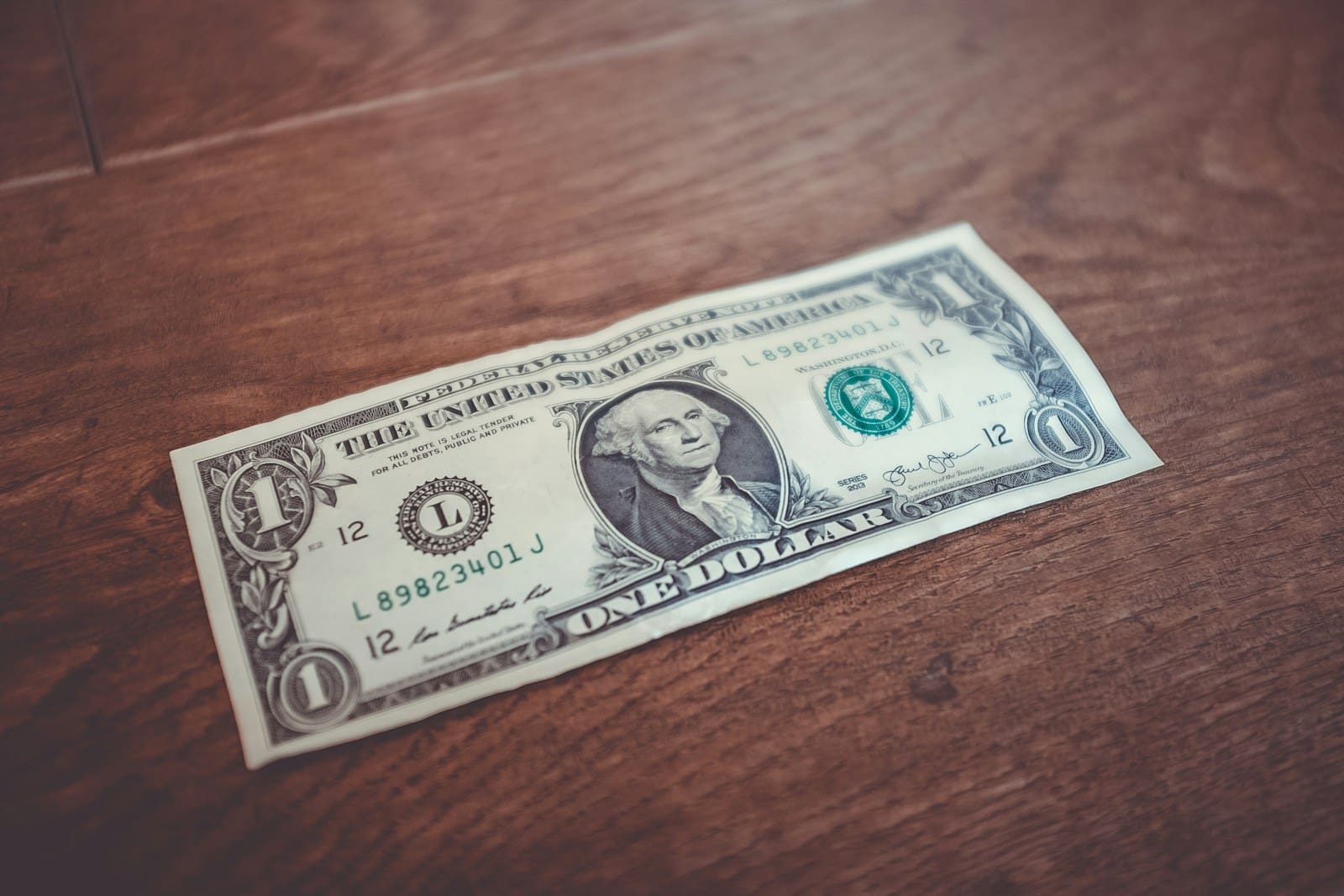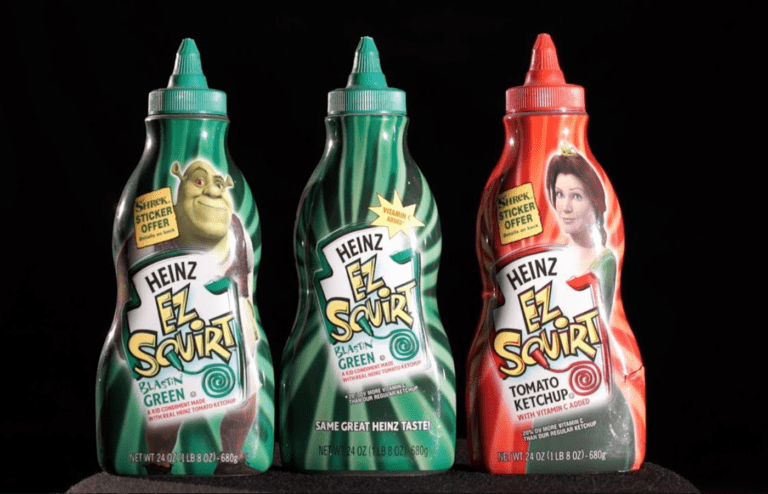The Federal Reserve says inflation is looking better and they’re planning to cut interest rates. The stock market is rebounding from a few rough closes. The economy looks like it’s recovering from the worst of the pandemic-era supply chain issues. And yet, that specter of recession still lingers. Is an economic slowdown still likely?
Recessionary Fears

Economists have been wringing their hands and muttering the word “recession” under their breath since the US government authorized stimulus checks to combat the economic slowdown caused by COVID. This constant refrain has led some people to discount the idea entirely. After all, if the economy can survive the events of the past five years with no recession, we’re fine now, right?
What Experts are Saying
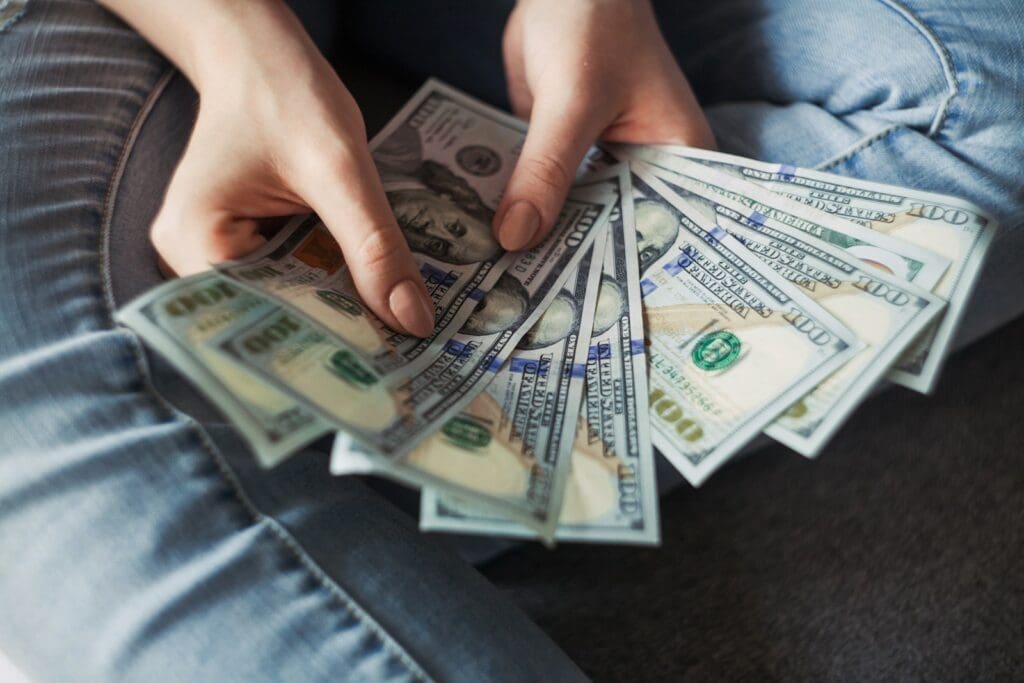
The Federal Reserve has been closely monitoring the economy (as usual) to make sure monetary policy targets a healthy inflation rate, a good balance for employment, and other key metrics. So far, the numbers are encouraging, with inflation is slowing and the economy appearing to be mostly back on track. Still, one concerning data point remains: unemployment.
All Eyes on the Fed
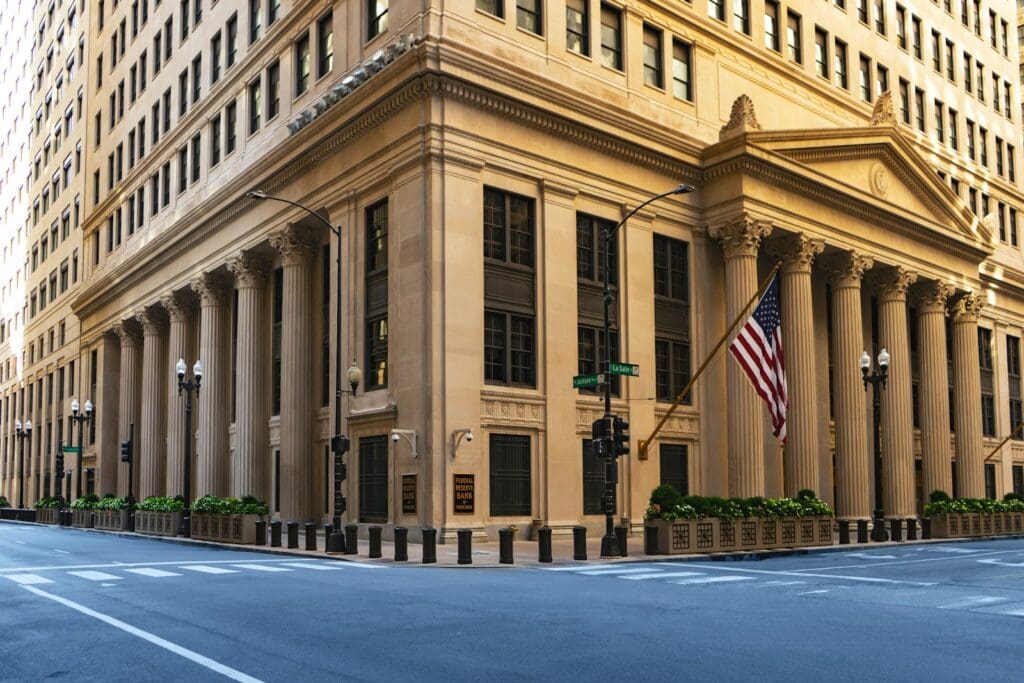
The Fed needs to thread a needle now to give the US a “soft landing” from this rough patch. This is why investors are so keenly watching the central bank as it makes interest rate cuts and develops a new policy to handle inflation. If borrowing costs stay too high for too long, a recession is all but inevitable.
A Real Recession

So, everyone wants to avoid a recession. But what would a recession do to the economy? In short, it would be similar to what happened in 2008. Higher unemployment, lower wages, and a tighter economic outlook are all hallmarks of recessions. They’re not the end of the world, but they’re quite uncomfortable for many people. In fact, the less wealth someone begins a recession with, the more they’re likely to feel its effects.
What Could Cause a Recession?
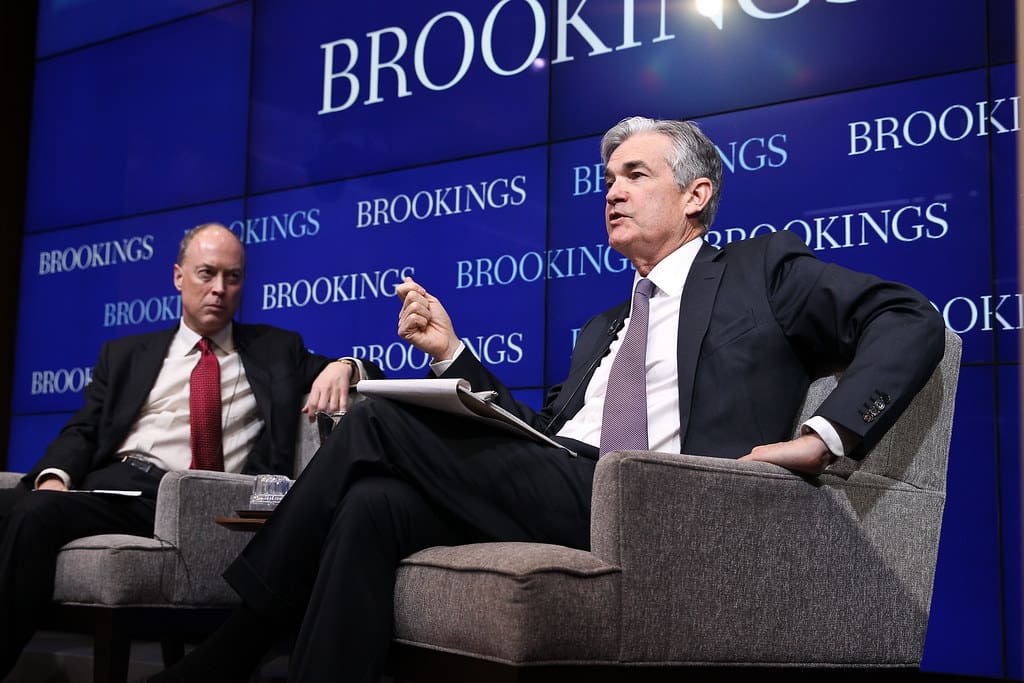
There are a number of risk factors that could lead to a slowdown in the economy. However, in the current economic climate, there are two main factors that investors and economists are most concerned about. Thankfully, these two factors are interlinked. Unfortunately, they’re also some of the toughest economic issues to navigate.
Inflation
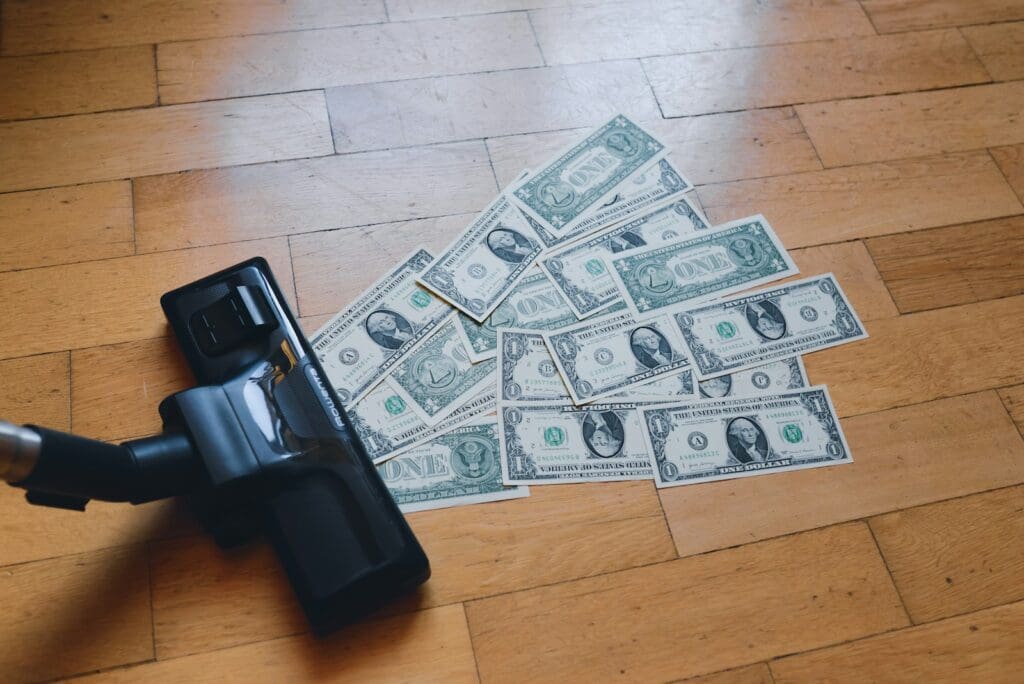
In June 2022, inflation hit an annual rate of 9.1%. That’s bad, but the Fed got it under 3% in June of 2024, helping cool the economy off. Still, the battle against inflation continues, as many US households are keenly aware. Wages still haven’t caught up to the brutal price increases on even normal goods.
High Interest Rates

The other major issue facing the US economy is continued high interest rates. Thankfully, the Fed is likely to drop those rates soon to stimulate the economy and sidestep the biggest risks of an economic downturn. It’s not as simple as just cutting rates, though, as the Fed faces a huge issue with sticky inflation.
Sticky Inflation
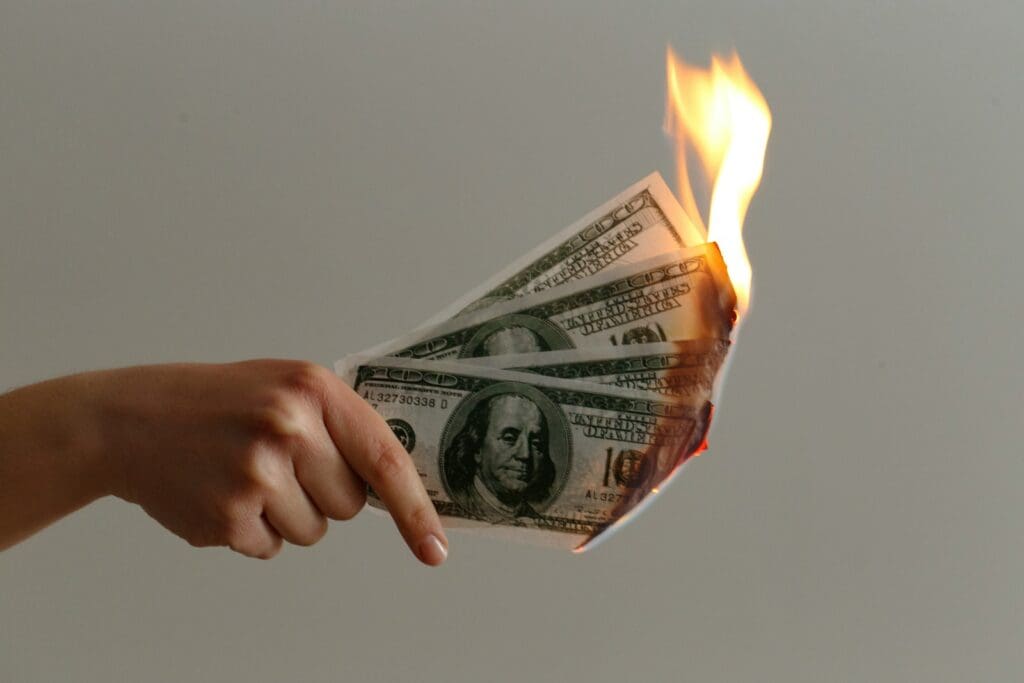
Some items just simply don’t return to their normal levels even in the face of shifting monetary policy. These items, like car insurance, medicine, and children’s clothing can keep the real inflation rate higher than the Fed would like to see and can make it harder for the central bank to authorize further rate cuts.
Read More: These 10 Things Should Be Avoided at Target
What Can You Do About it?

At an individual level, there’s not a ton you can do about a coming recession. Making savvy savings moves is a good first step. Consider investing your money into a savings account and making a concentrated effort to diversify any stocks you might hold. It also helps to look into employment that is recession-resistant, such as pivoting out of luxury fields.
Read More: These Are the 20 Products Hit Hardest by Inflation
So, What’s Going to Happen?
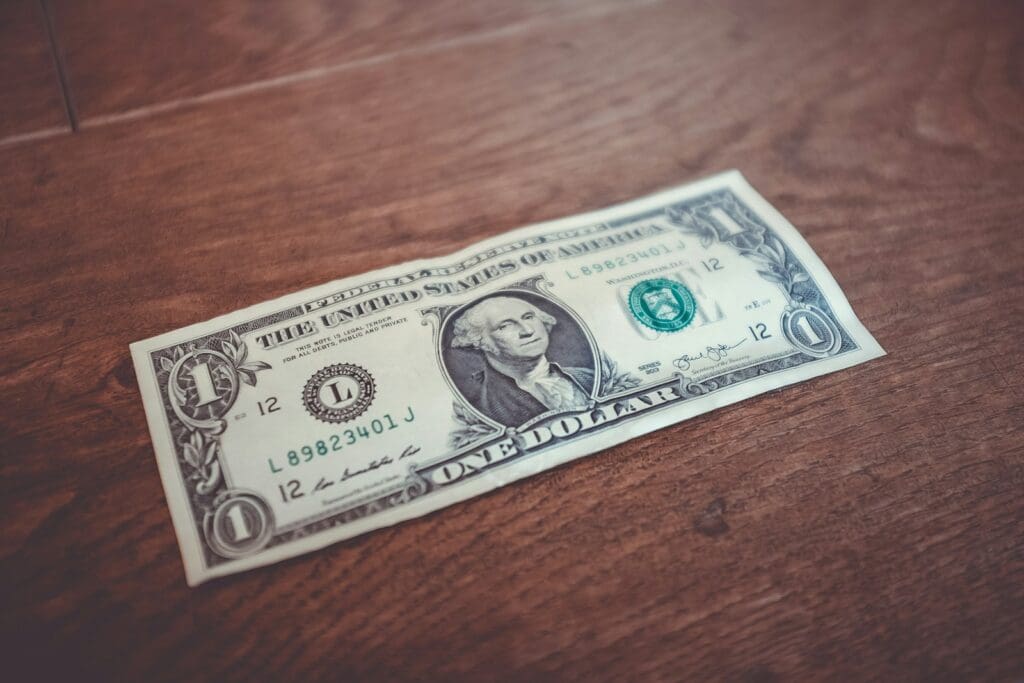
A few major indicators point to a looming recession: delinquency rates on credit card debt and auto loans are rising. The unemployment rate stands at 4.3%, which isn’t the worst ever but is concerning. And still, despite all of this, corporate profits remain at record levels. What’s going to happen? Well, that’s anyone’s guess.
Read More: 15 Ways Life is Different for Millennials than Baby Boomers

